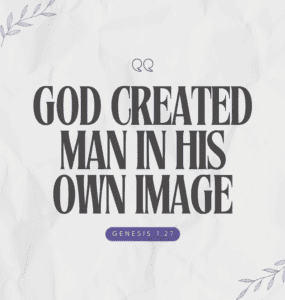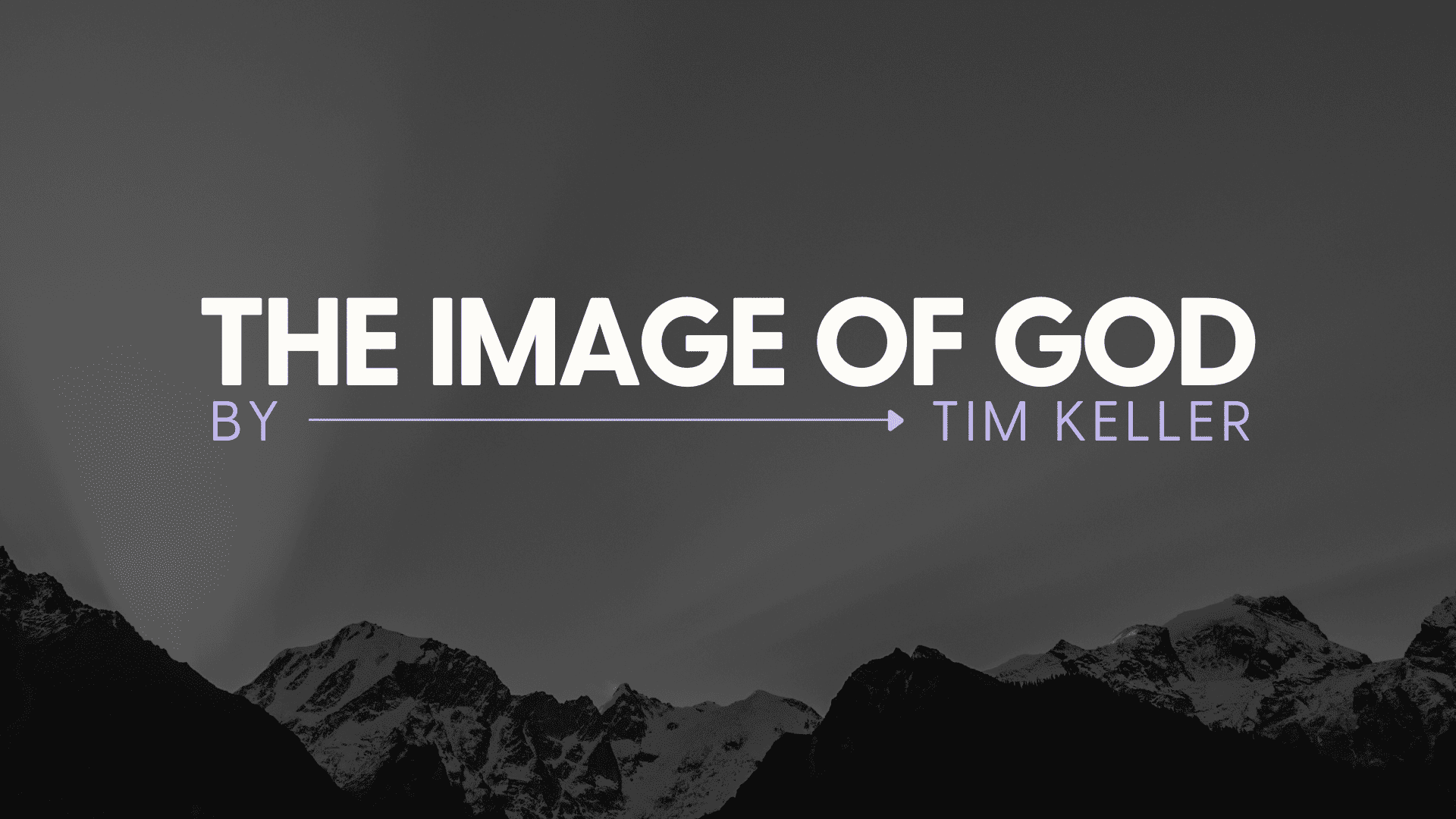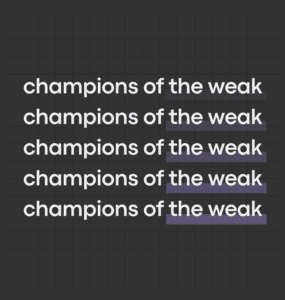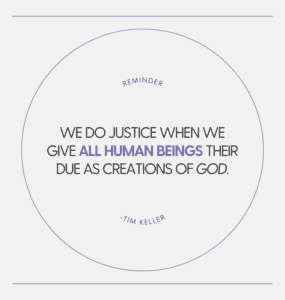What happens in a society that got its idea of human rights from a belief in the image of God, that all people are created in the image of God? What happens to that society when as a society as a whole, it loses the idea of God?
You see when a secular society, in which most of the cultural elite say, “Well, we don’t believe in God anymore, and therefore we don’t believe human beings were made in the image of God. We just evolved and are very complex organisms.”
Now, how do you ground human rights in the worth of the individual human being? What does that worth consist of? What makes a human being worthy of rights now that you don’t believe in the image of God anymore?
Tim Keller Answers:
Tim Keller Answers Why Do Humans Deserve Rights?
The reason a human being deserves rights and protections is because they have capacity, they have the capacity to reason, they have self-consciousness, they have the capacity to make moral choices, they know right from wrong, and they have the capacity for what some professors call “preferences.” And because they have reason and the ability to make choices and they have preferences, they are moral agents, and therefore, they are capable, or they are worthy of protection; they have rights.

But the Christians came along and they believed in the Imago Dei. And because they believed in the image of God, from the beginning they were champions … well, first of all, they were totally against abortion, from the beginning. Because if you believe in the Image of God, you have to be. If human life is good, then nascent human life has got to be good.
What does "Imago Dei" mean?
According to GotQuestions.org, “…the ‘image’ or ‘likeness’ of God means, in the simplest terms, that we were made to resemble God. The Latin phrase Imago Dei refers to the symbolic connection of humans in the likeness of God since God made them in His image.
The phrase originates in Genesis 1:27, wherein “God created man in his own image…” This biblical passage does not imply that God is in human form but that humans are in the image of God in their moral, spiritual, and intellectual essence. Thus, humans reflect God’s divine nature in their ability to achieve the unique characteristics with which they have been endowed. These unique qualities make humans different than all other creatures: rational understanding, creative liberty, the capacity for self-actualization, and the potential for self-transcendence.
Tim Keller - How Do We Reflect God?
But the Christians came along and they believed in the Imago Dei. And because they believed in the image of God, from the beginning, they were champions … well, first of all, they were totally against abortion from the beginning. Because if you believe in the Image of God, you have to be. If human life is good, then nascent human life has got to be good.
But they were also against infanticide. Which means they were not one issue people. They cared for the poor. In addition, they cared for women. Champions of women, champions of the fatherless, champions of the weak and champions of the poor. And they were against abortion. And they put the rest of the culture to shame because of their belief in the sanctity of life.
Tim Keller Taking the Image of God Seriously
What if we took the image of God seriously? First of all, regardless of what the law of the land says, we would know abortion, except to save the life of a mother, is a violation of the image of God. Secondly, the women who have had abortions, and the men who have helped them have abortions, would not feel like scum because James 3:9 says you don’t disdain, you don’t demonize, you don’t curse, you offer grace to everybody.
You see, if we believed in the image of God and say abortion is wrong, we wouldn’t make women who have had abortions feel terrible. And we wouldn’t be single-issue people. We would be for all of the poor and, all of the weak and all of the marginal. Which would make us a very unusual community, wouldn’t we? Now, let’s be that.






















